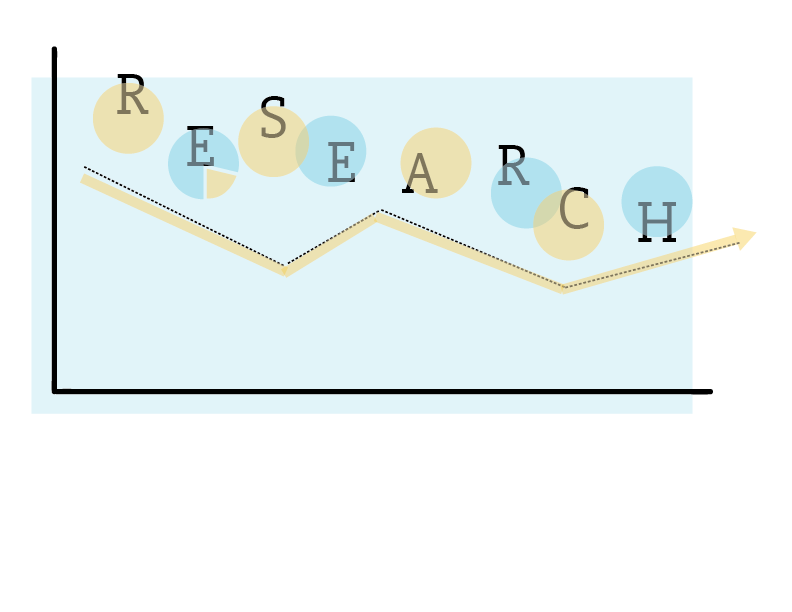
MU is establishing a network called the Advancing Research and its Impact on Society Center, using the $5.2 million grant awarded by the National Science Foundation.
The development of the center is still in the beginning phase, but is expected to be fully operational in spring of 2019, according to Susan Renoe, assistant vice chancellor for research, extension and engagement. Renoe is also the executive director for the center.
The ARIS Center is virtual and its purpose is to help scientists share their research with each other and with the public, according to Renoe.
“We do so much great research on our campus and many of our researchers are really great at conveying that to the public, but not everybody is,” Renoe said. “We want to make sure that we provide researchers with opportunities to get better at communicating and come up with ideas on how to engage in different and exciting ways.”
She also hopes the center will help explain the value of basic research.
“A lot of times when you’re working on basic research, you don’t have any idea where that basic research is going to take you,” Renoe said. “Sometimes we don’t do a good enough job of explaining how basic research is the building block that takes us to the next innovation and discovery.”
She believes the center will allow scientists to show the value of research in society, and how the research that happens on this campus every day impacts the lives of Missourians and people around the world.
The idea for the network was introduced in 2014, when there were 40 members from about 20 institutions. That year, this network received a $500,000 grant from the NSF to establish a broader impacts network. This network was originally called the Broader Impacts and Outreach Network for Institutional Collaboration and is now called the National Alliance for Broader Impacts, Renoe said.
The numbers have doubled every year since then, Renoe said. Now there are about 750 members from 250 organizations and eight countries.
The foundational partners of the ARIS Center include Brown University, Duke University, Iowa State University, Madison Area Technical College, Michigan State University, Northeastern University, Northwestern University, Oregon State University, Rutgers University and University of Wisconsin-Madison, according to an MU news release.
The network is open to anyone who is interested in the impact of research in society. It is also open to researchers who want to integrate research and engagement, practitioners who develop and deliver outreach programming, policy makers, teachers, community members and evaluators.
Angela Speck, the director of astronomy at MU and also the faculty fellow in the College of Arts and Science for outreach and engagement, believes that networking is important for all aspects of research.
“Scientists tend to be on the introverted side,” Speck said. “Anything that allows us to be more interdisciplinary and to interact better with each other is always going to be helpful. [The center] is something that we may not realize we need because we think we do this well already, but [we’ll] take the help that’s being offered.”
Speck believes that with networking, scientists can not only share their projects, but can also collaborate with other scientists and connect the research in their own discipline to other departments.
“Sometimes you don’t realize that something you’re doing is similar to something in a completely different discipline,” Speck said. “[The center] is the way you might find that. I’m now working with someone in mechanical engineering who does models of explosions and we’re applying it to space. It may be that someone who is studying something in a magnetic material relates to something somebody in geosciences is doing. Making those connections is really important.”
_Edited by Morgan Smith | [email protected]_